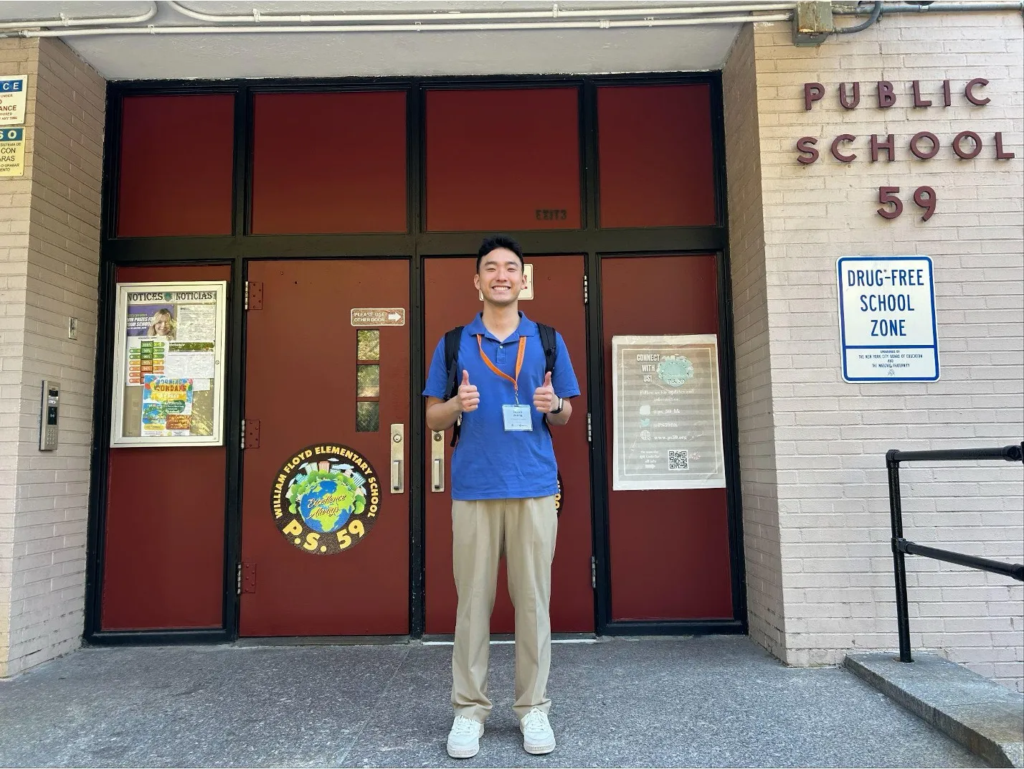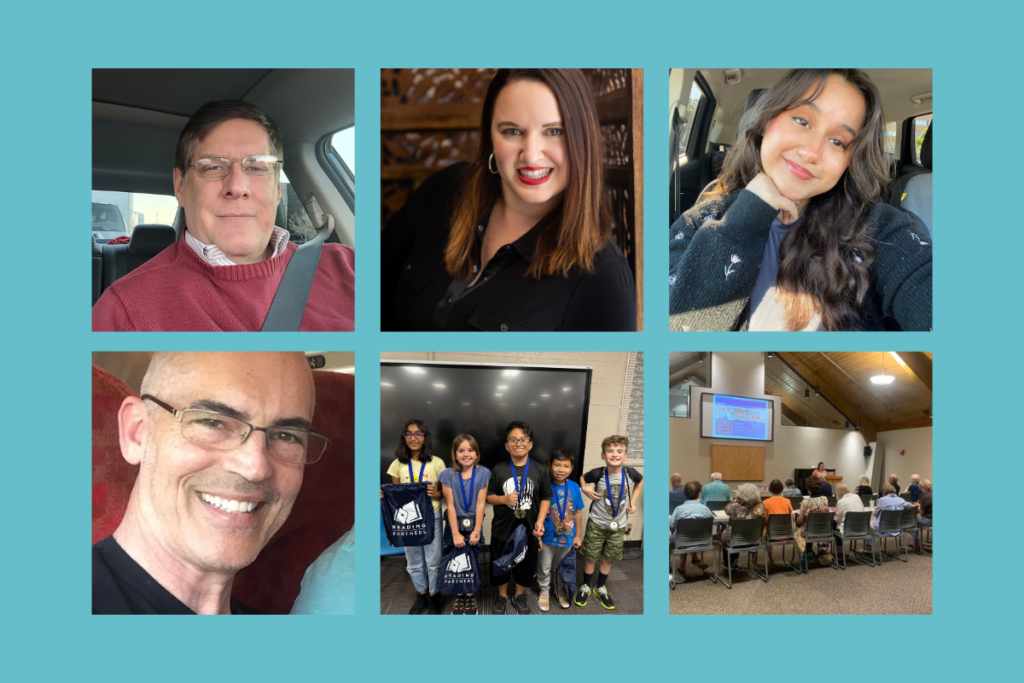
Hundreds of volunteers needed for Reading Partners to help with reading loss
December 14, 2022
Originally posted on Live 5 News
By Michael Hidgon
CHARLESTON, S.C. (WCSC) – A Lowcountry program working to ensure that all children in our community have the opportunity to succeed is asking for help.
Since the onset of the pandemic and disrupted learning, reading progress for young children has slowed. It’s not unexpected, but a new look at data shows just how much students are behind.
The National Association for Educational Progress, also known as “The Nation’s Report Card,” recently issued its signature report showing the declines in reading scores in 2022 spared virtually no one. It raised concerns because the data shows reading scores for 9-year-olds fell between 2020 and 2022 to a level not seen in 30 years. The report further shows that the pandemic affected most student groups but had a disproportionate impact on the most vulnerable students. For example, the gaps between white students and Black and Hispanic students were larger in 2022 than three years ago, with greater score declines for Black and Hispanic students further widening those gaps.
One Lowcountry organization is working to bridge the gap in reading loss but they can’t do it without help. The Reading Partners program places tutors to work in area schools with students who need to improve their literacy and reading levels.



